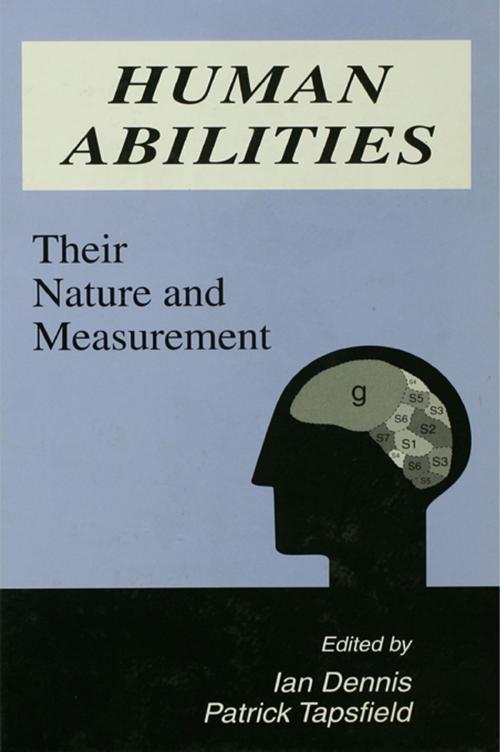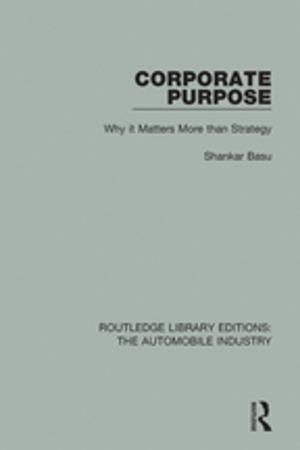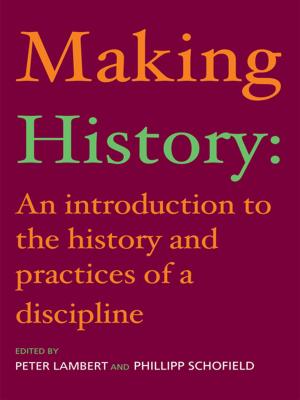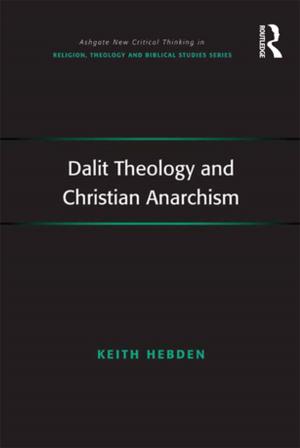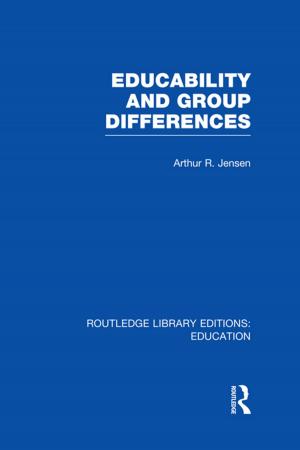Human Abilities
Their Nature and Measurement
Nonfiction, Health & Well Being, Psychology, Cognitive Psychology| Author: | ISBN: | 9781134791217 | |
| Publisher: | Taylor and Francis | Publication: | May 13, 2013 |
| Imprint: | Psychology Press | Language: | English |
| Author: | |
| ISBN: | 9781134791217 |
| Publisher: | Taylor and Francis |
| Publication: | May 13, 2013 |
| Imprint: | Psychology Press |
| Language: | English |
This volume brings together many of the leading researchers on human intelligence and cognition to address issues including definition, measurement, and instructional design. Its publication is a result of the Inaugural Spearman Seminar recently held at the University of Plymouth -- a seminar that is slated to become a regularly scheduled event providing a major international forum for the presentation of work on human abilities. To properly inaugurate this series, scientific experts in this field were asked to reflect on various issues raised but not resolved in Charles Spearman's classic work, The Abilities of Man: Their Nature and Measurement, published in 1927.
As a result of this approach, the book offers a unique overview of the way in which the study of human abilities has developed since 1927, and of current positions in the field. It offers exhaustive discussions on:
* the nature of cognitive abilities and intelligence -- a review of how the factor analytic approach to abilities which grew out of Spearman's work has developed, thoughts regarding the contribution of a cross-cultural perspective, and an elucidation of some of the conceptual issues which often cloud discussions of ability;
* different aspects of the contribution of cognitive psychology to our understanding of abilities -- the relationship between Spearman's g and working memory, links between attention and cognitive style, and the area of spatial abilities;
* recent developments in latent variable and item response modeling; and
* applied issues -- the argument that little predictive value can be gained in occupational selection from measuring abilities other than Spearman's g, and the question of aptitude treatment interactions in education.
This volume brings together many of the leading researchers on human intelligence and cognition to address issues including definition, measurement, and instructional design. Its publication is a result of the Inaugural Spearman Seminar recently held at the University of Plymouth -- a seminar that is slated to become a regularly scheduled event providing a major international forum for the presentation of work on human abilities. To properly inaugurate this series, scientific experts in this field were asked to reflect on various issues raised but not resolved in Charles Spearman's classic work, The Abilities of Man: Their Nature and Measurement, published in 1927.
As a result of this approach, the book offers a unique overview of the way in which the study of human abilities has developed since 1927, and of current positions in the field. It offers exhaustive discussions on:
* the nature of cognitive abilities and intelligence -- a review of how the factor analytic approach to abilities which grew out of Spearman's work has developed, thoughts regarding the contribution of a cross-cultural perspective, and an elucidation of some of the conceptual issues which often cloud discussions of ability;
* different aspects of the contribution of cognitive psychology to our understanding of abilities -- the relationship between Spearman's g and working memory, links between attention and cognitive style, and the area of spatial abilities;
* recent developments in latent variable and item response modeling; and
* applied issues -- the argument that little predictive value can be gained in occupational selection from measuring abilities other than Spearman's g, and the question of aptitude treatment interactions in education.
